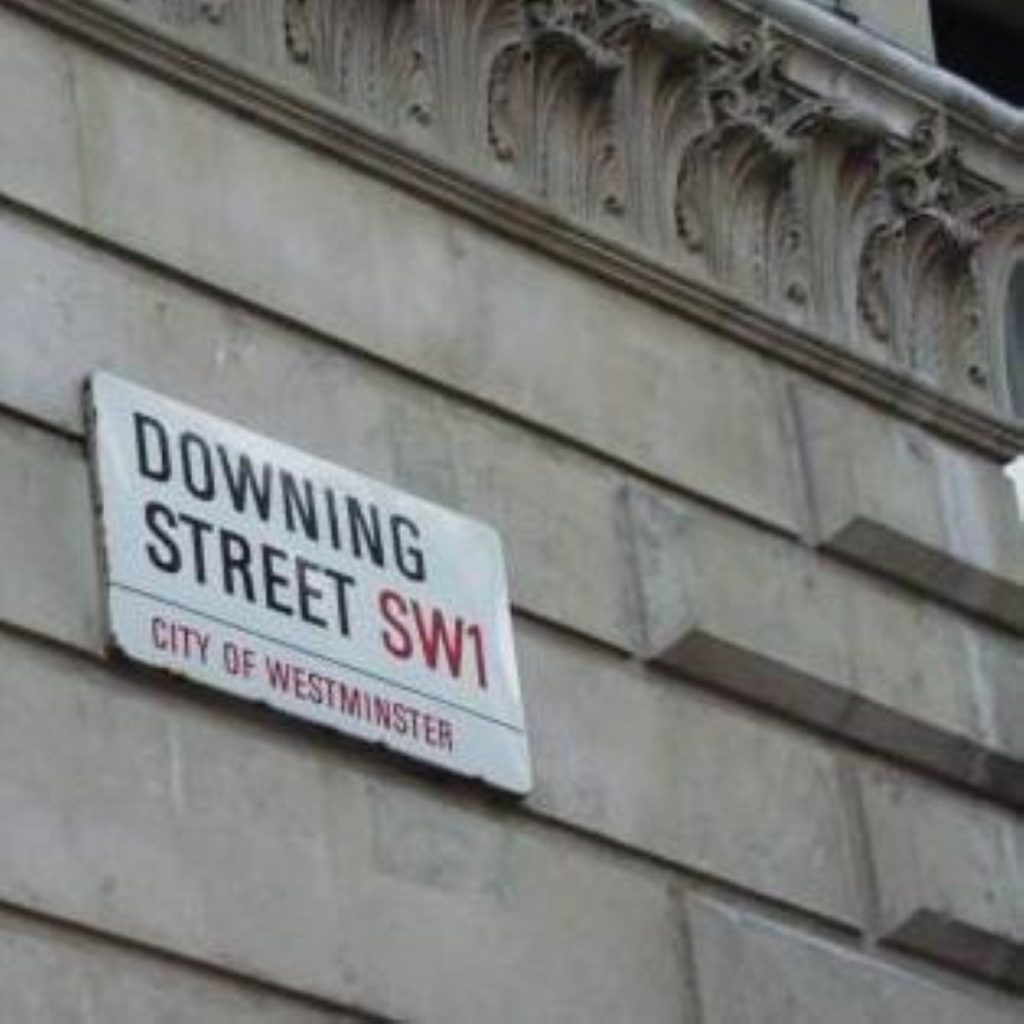Kelly accused of “breaking rules”
The second witness to appear before the Hutton Inquiry into the tragic death of Iraq arms expert Dr David Kelly said today that the scientist “strayed” outside government rules regarding talking to the media.
Ministry of Defence personnel director Richard Hatfield said that Dr Kelly had “clearly strayed beyond providing technical information” in his meetings with BBC defence correspondent Andrew Gilligan.
However, Mr Hatfield admitted, “My interpretation, I’m afraid, of thinking back over his history is that he could not have done that without realising he had gone outside the scope of his discretion.”
He explained that Dr Kelly had met Mr Gilligan twice, outside MoD property and without officials being informed.


He said it was “effectively part of Dr Kelly’s job description” to talk to the press, but stressed that he was not authorised to discuss classified information or “politically controversial issues”.
“There is no security breach. My concern relates to the basic breach of confidence as to how he is supposed to behave towards his employer and the Government, since he works for the Government,” Mr Hatfield added.
Questioned about Dr Kelly’s name becoming known by the media, Mr Hatfield said that it was inevitable that his name would become public, adding that the Ministry of Defence would not “gratuitously” name an individual, but that the press were likely to work out who the person was.
He pointed out that Dr Kelly had been called back from RAF Honiton to attend meetings over the situation and suggested that, “It would not have taken much investigative journalism to have found out that Dr Kelly was attracting some unusual attention inside the Ministry of Defence.”
He did acknowledge that the department had agreed to confirm Dr Kelly’s name if it was put to them by journalists.
Lord Hutton, a senior judge, is chairing the inquiry into the events leading up to Dr Kelly’s apparent suicide.
Dr Kelly died in July after becoming embroiled in a row between the BBC and the government over allegations that weapons intelligence was doctored in the lead up to the Iraq war.
Dr Kelly was identified as the probable source for a report by Mr Gilligan on the government’s first dossier on Iraqi weapons.
Mr Hatfield, Dr Kelly’s employer, followed the expert’s friend and colleague Terence Taylor, who earlier praised him as a “remarkable scientist”.
Later witnesses included Martin Howard, the deputy chief of defence intelligence at the Ministry of Defence, who suggested that two other individuals in the department had shared Dr Kelly’s concern about the government’s presentation of information in order to build a case for war.
The Cabinet Office official and chief of the assessment staff Julian Miller revealed to the inquiry panel that the claim that Iraq could deploy weapons of mass destruction in 45 minutes was added to the dossier on September 10th or 11th last year.

